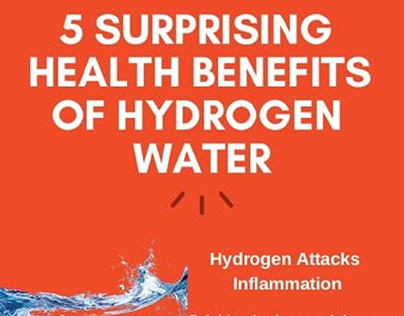
If you have asthma, or you know someone who does, you already know how quickly this disease can take your breath away. Asthma is a chronic respiratory ailment that affects the amount of air going into and out of the lungs.
For people with asthma, the airways of the lungs are always slightly inflamed. This swelling becomes even more pronounced when the asthma is triggered – by things such as pollution, allergens, cold air, exercise, or strong odors – making it difficult for patients with the condition to breathe. The result is coughing, wheezing, shortness of breath, and tightness in the chest.
According to the Asthma and Allergy Foundation of America, more than 26 million Americans, including almost 10 percent of women, have asthma. Yet even though it is so common, there is no known cure for this condition.
The current methods of asthma treatment include prescription medications to reduce swelling in the lungs and lifestyle changes to prevent triggering the condition. And new research shows that the inhalation of hydrogen gas may also help to significantly reduce the symptoms of this chronic ailment.
In a new study, published in the journal Asthma Research and Practice, researchers looked at the use of hydrogen gas for the treatment of asthma. In animal tests that were repeated three times, mice with asthma inhaled hydrogen gas for 60 minutes each day over a seven-day period. At the end of the week, the study’s authors found “that inhalation of hydrogen gas protects against asthma in mouse models by improving lung function, ameliorating mucus production and decreasing inflammation and oxidative stress markers.”
This study isn’t the first to show the benefits that hydrogen gas inhalation can have on lung health. Dozens of studies, including this 2018 study published in the Journal of Thoracic Disease and this 2015 study published in the Journal of Thoracic Cardiovascular Surgery, have looked at the therapeutic effects of hydrogen gas inhalation on respiratory conditions such as cigarette-induced COPD and pulmonary hypertension. Each has concluded that the anti-inflammatory and anti-oxidant properties of molecular hydrogen make it an excellent addition to any treatment plan aimed at improving respiratory health.
Molecular hydrogen is a potent anti-inflammatory and anti-oxidant agent that has produced promising results when used in the treatment of various diseases, such as diabetes, psoriasis, and Alzheimer’s disease. Thanks to its small size, hydrogen can enter parts of the cells that are impenetrable to other molecules. This makes it particularly effective at halting and reversing the oxidative damage within the body that can lead to inflammation.
By reducing inflammation within the lungs, hydrogen gas inhalation may help to significantly prevent or reduce the symptoms of asthma. That’s a much needed breath of fresh air for those who suffer from this condition.


